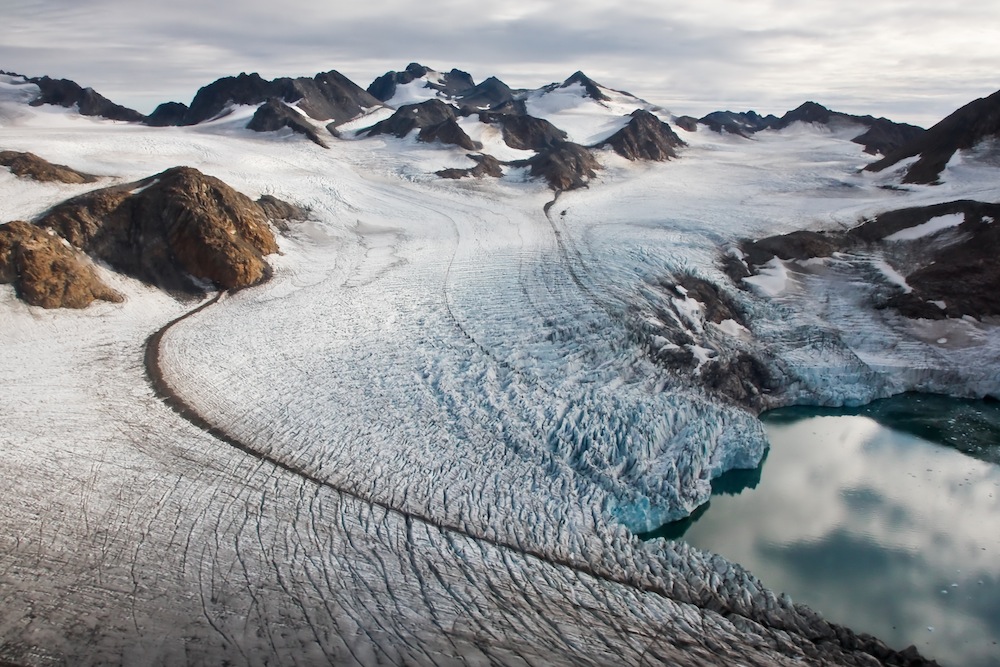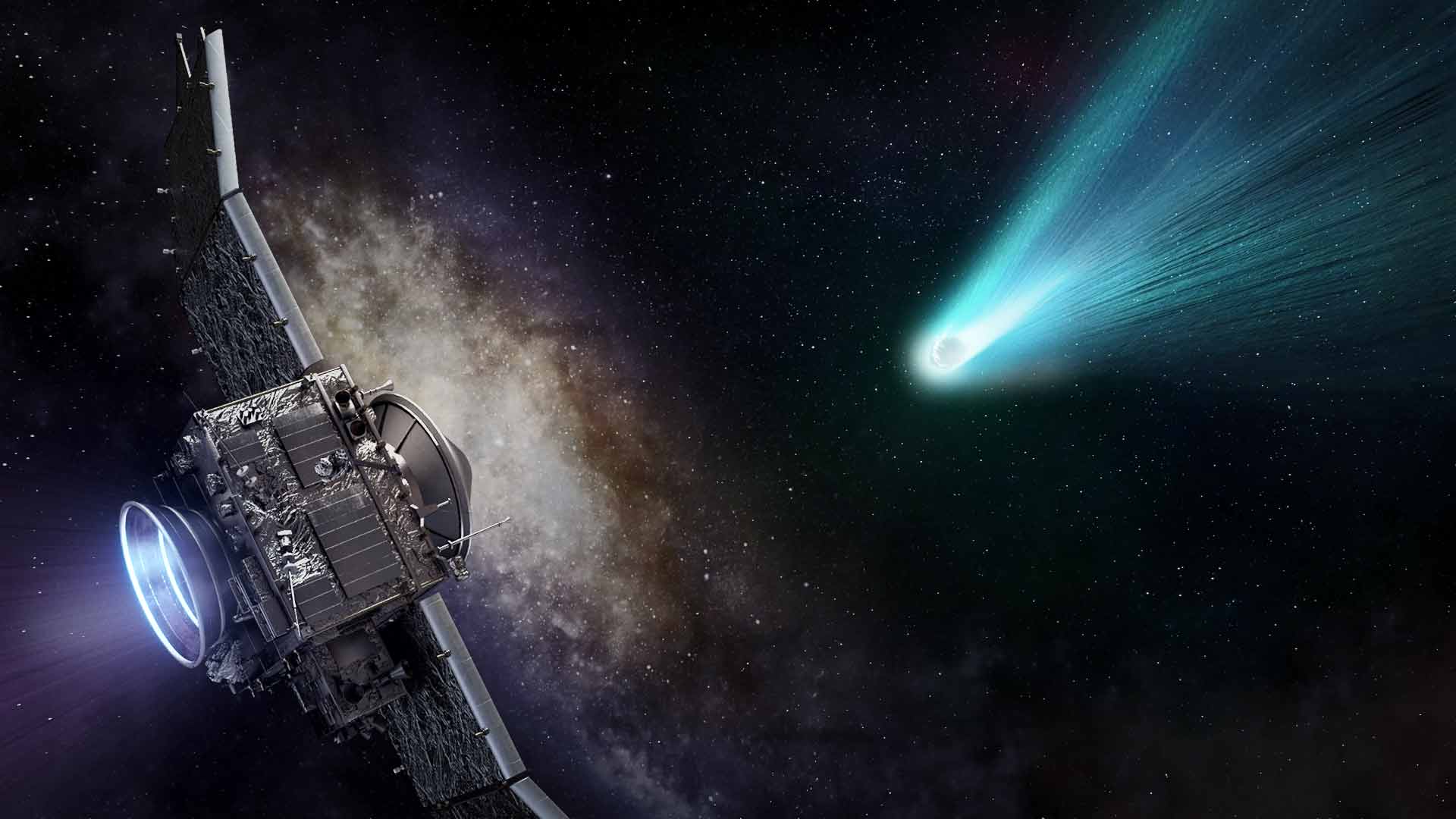Pressed for Time? Take a Minute to Feel Awe

If you're feeling pressed for time, try hiking to a mountain vista or listening to a masterful symphony. New research suggests that the resulting awe may leave you feeling less rushed.
Experiencing awe makes people feel as if time is plentiful, according to a new study to be published in the journal Psychological Science. Not many emotions make people feel that way, study researcher Melanie Rudd, a graduate student in business at Stanford University, told LiveScience.
"We kind of run around with these very hectic day-to-day lives," Rudd said. "To find something out there that actually gives us a feeling of more time — it seems like such a rare event." [The Most Awe-Inspiring Natural Wonders in America]
Inducing awe
Rudd focused on awe in part because she finds respite from the hectic life of a graduate student by getting out in nature, she said. Few people had researched the emotion, she added.
She and her colleagues set up a series of three experiments. In the first, 63 student participants were given a word-scramble task. Half of the students got time-related word scrambles, such as "not available enough time much," designed to remind them of the feeling that time is short.
Next, the participants watched a one-minute video designed to elicit either happiness or awe. The happiness video showed parades, confetti and smiling, joyful people. The awe video showed astronauts in space, whales breaching and gorgeous waterfalls. After the video, the participants filled out surveys that included questions about how crunched for time they felt.
Get the world’s most fascinating discoveries delivered straight to your inbox.
The results revealed that the people who'd viewed the awe-inducing video felt that time was more plentiful than the people who'd watched the happy video. The results held even when participants had been cued to think of time as short.
In the next two experiments, the researchers asked two other groups of volunteers to either read or write about awe-inducing experiences or about neutral or happy experiences. For example, in one experiment, participants read either an awe-inspiring story about climbing the Eiffel Tower for a stunning view of Paris or a rather boring tale of climbing a tower to look over some empty plains. They then filled out questionnaires about patience, volunteerism, life satisfaction and other questions.
The participants cued to recall awe reported feeling less impatient and more willing to spend time helping others. There was no difference between joy and awe for how willing people were to give money to charity, however, suggesting that the effect is focused specifically on time rather than more generally on warm-and-fuzzy feelings. (Conveniently, recent research has also found that when people give their time away, they feel as if they have more of it.)
Awe also triggered people to prefer spending hypothetical money on experiences rather than material goods, Rudd said. For example, someone who had just envisioned an awe-inspiring view of Paris was more likely to say they'd buy $50 Broadway show tickets than a $50 watch.
Feel more awe
"One of the interesting things for me was just how much of an impact that this feeling of having more time was to everyday decision-making," Rudd said. "It was eye-opening to see how that influences so many aspects of your life."
The researchers don't know how long this "awe effect" lasts. But it's likely that the feeling makes people focus on the moment, Rudd said. She found that when asked to write about an awesome experience, people described encounters with art, music and nature. Other people's accomplishments were also likely to elicit awe, while one's own accomplishments triggered feelings of happiness.
"It's interesting to learn more about what types of events seem to elicit awe, just so you can keep your eyes peeled for those things," Rudd said.
Follow Stephanie Pappas on Twitter @sipappas or LiveScience @livescience. We're also on Facebook & Google+.

Stephanie Pappas is a contributing writer for Live Science, covering topics ranging from geoscience to archaeology to the human brain and behavior. She was previously a senior writer for Live Science but is now a freelancer based in Denver, Colorado, and regularly contributes to Scientific American and The Monitor, the monthly magazine of the American Psychological Association. Stephanie received a bachelor's degree in psychology from the University of South Carolina and a graduate certificate in science communication from the University of California, Santa Cruz.


